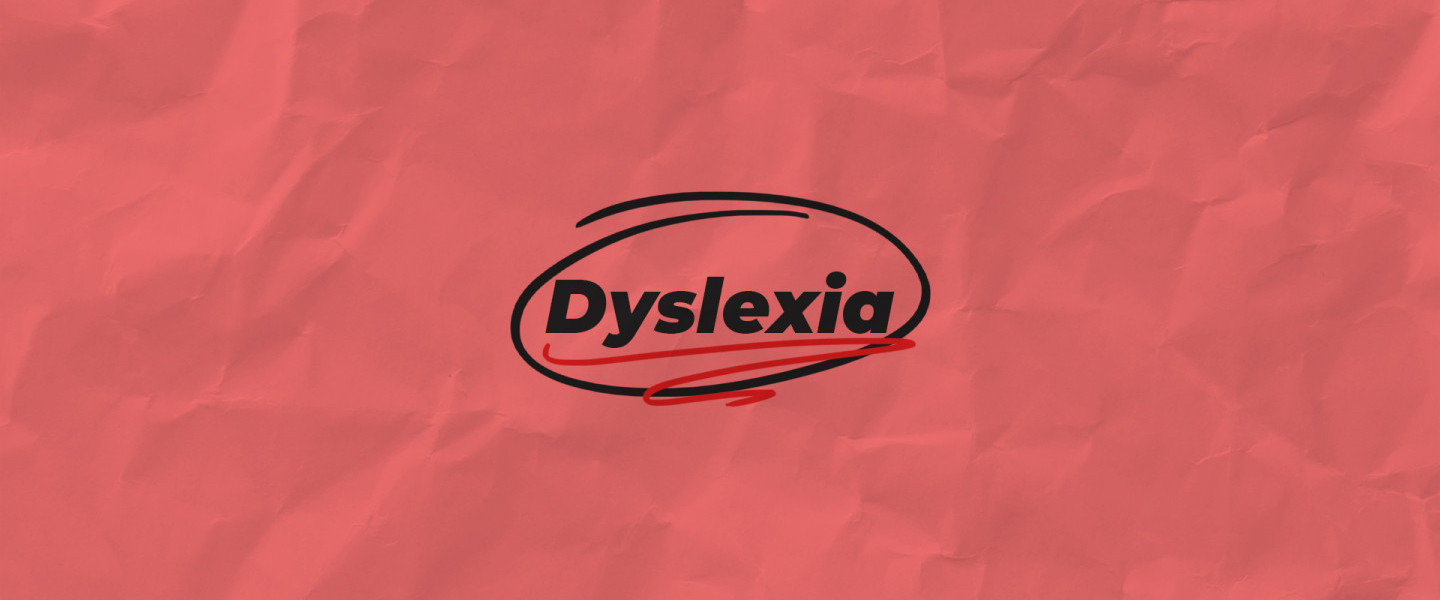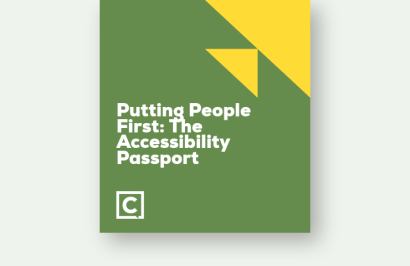This week is #dyslexiaawarenessweek & as someone who has had dyslexia his whole life Jonny thought it would be a great chance to share his experiences and try to help educate anyone interested about how his school life & career has been effected.
If anyone has ever had to work with me for any length of time, you will know that I am an horrendous speller. Always have been, and probably always will be. It's not for lack of trying, I spent the same amount of years as everyone else going through the "I before E except after C" rules, but they just didn't really stick. I would go through class, learn them, get them right, and by the next week the red pen would be all over my work indicating I'd failed to remember the lessons I had learned the week before.
It didn't take long for my school to diagnose me with dyslexia, as well as a condition called Irlen Syndrome which is a neurological disorder often connected to dyslexia. My teachers and school were very quick to respond and help me with extra time for reading and writing. I was given special coloured sheets and tinted glasses designed to help me focus more when reading and writing as well as learning assistance. When I was younger I was thankful for it, but as I got older I found it more of a hindrance than a help. I was frustrated by the constant obsession over spelling and errors rather than the actual content of my work, to the point where I refused to use the overlays or glasses.
It wasn't until my GCSE's that I started to realise that the issues I had with spelling weren’t everything. English was suddenly split into 2: Literature & Language, and I found myself excelling at english, because the content of my work was valued over how "correct" it was. I finished with an A in english Lit and a C in english language. By focusing on what I was good at I was able to excel in an area I was taught all my life that I was bad at.
Moving onto college there was another revelation. In the real world, nearly everyone worked on computers - and computers had spellcheck. Maybe it's down to when I grew up, with technology not being as readily available, but I'd been taught all my life that not being able to spell was going to be the be all and end all when it came to my success. However the little red line under my many mis-spelled words totally changed my perspective and enabled me to go much further that I thought possible while in school.
Knowing what I know now, I wish someone had taught me that what you're great at far outweighs what you aren't good at. And that not being able to spell shouldn't limit your creative vision and ability to communicate that vision. The key for me has been finding solutions through technology or collaboration that help alleviate my shortfalls when it comes to spelling and grammar so I can be free to work creatively and write creatively without being limited by dyslexia.
I feel very thankful that my workplace have been super understanding of my spelling issues, and even with the digital help that I get through spellcheck and other tools, we have built systems of proofing and checking that help keep my work to a high standard without making me feel bad for when I miss stuff. This is key for making people with dyslexia keep focusing on what they can do well, rather than what they can't.
Having lived with my dyslexia diagnosis for 15 years now, I see it very differently to when I was 10 years old. At that point it was given to me as an issue that needed fixing, whereas now I see it as a symptom of my creative mind. I doubt my brain would work and function in the way that it does without dyslexia, and I'm totally thankful for that. Without it I wouldn't be me. I'm now 25 and I regularly use my creative writing in songwriting and poetry, with many songs published and listened to hundreds of thousands of times. If my younger self could see me, I think he'd be amazed, and hopefully inspired to do the same regardless of what teachers and peers had spoken over him.
Want to join the conversation and give Jonny a follow on LinkedIn? Find out more.



